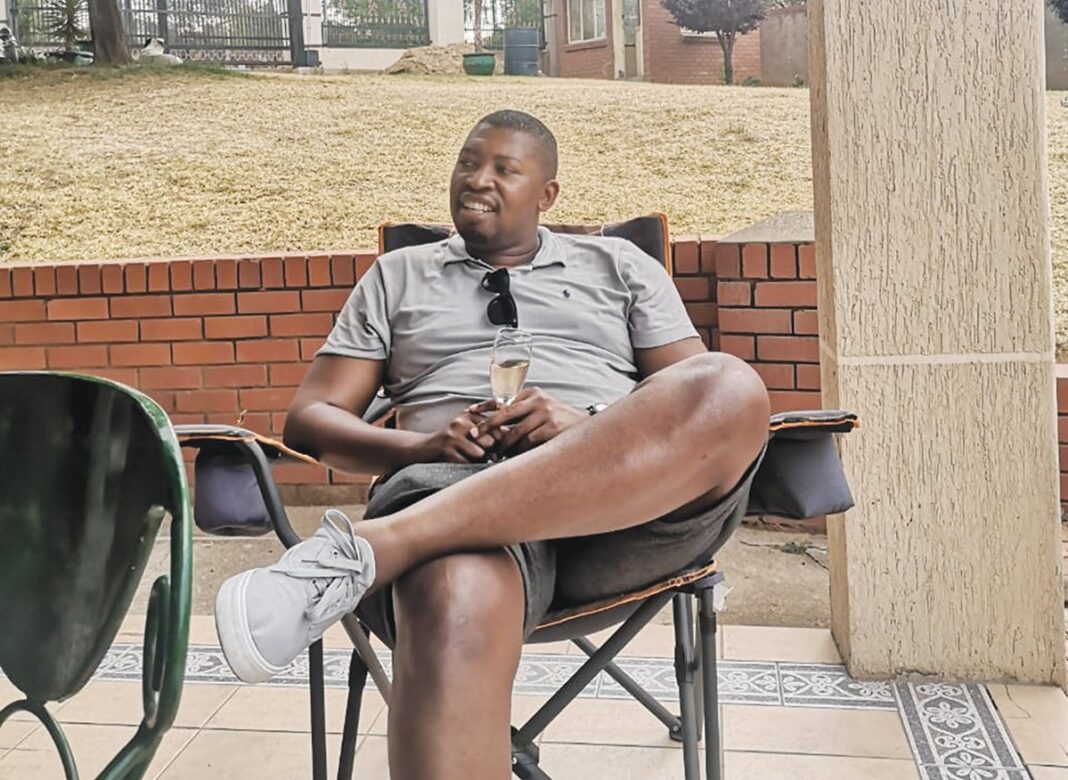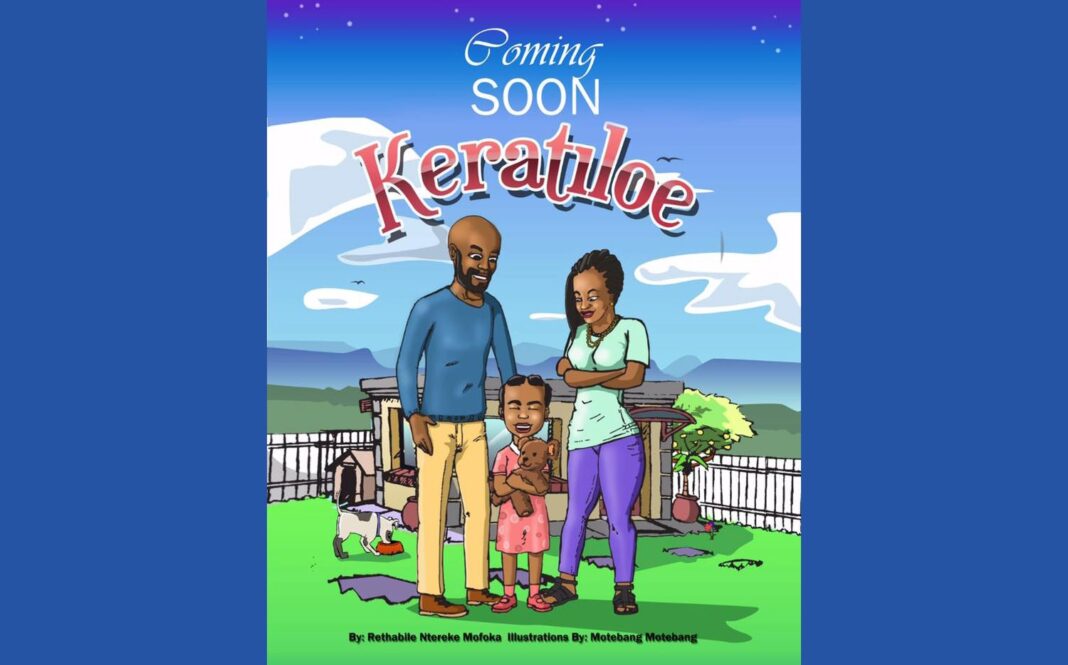By Kabelo Mollo
Somebody on twitter said “our government treats creatives like people with hobbies.” And he was right; then somebody took it further and said “everybodywho is not a creative treats creatives like people with hobbies”.
It was the most accurate take I have seen on a matter on that medium. The soft sciences are generally under-appreciated, but go further to creative and it’s almost frowned upon. Even now children continue to be advised to have a fall back option in terms of academics if they are creatively inclined.
Nobody believes a career in the creative industry will be lucrative. It’s a small industry here in the Kingdom and it is particularly underfunded. Very, very few people have been able to build a career in media and entertainment alone in Motlotlehi’s Kingdom and I don’t suspect that will change any time soon.
Over the last ten weeks my day job at Sky Alpha HD has seen us welcome in twelve interns for their work experience segment of their courses. Twelve young, creative, aspirant and sprightly characters. As management we each assigned ourselves a day where we would impart knowledge to these young impressionable minds. I took them on Fridays and we largely did life skills type things.
A couple of aspects of management and generic issues about the work place, and the work place in media especially. I tried to always sound optimistic and I was fervent in encouraging them to pursue their passions. The one thing I didn’t do, which I wish I did was tell them how unbelievably difficult it is to eke out a living in broadcasting and media. It’s a passion project, a worthwhile one, but whether it’s a living that can sustain you is seriously doubtful.
I suspect I’m about to put my proverbial foot in it, and might even be using vinegar to attract flies, but allow me to think out loud for a second. Media mostly works if it is funded by capital. Said capital would generally come from the private sector. Now, when the private sector is dominated by ten or so entities, all of which are multinational with far bigger interest elsewhere it is likely that there’ll be little need for the multinational to spend its hard earned money on small market-in relative terms-in order to try and grow its appeal and market share in country.
I think it’s basic economics. Supply and demand. Of course there’s also the question of competition. In a market this small the players that were first to market are enjoying the dominance that they’ve had since inception. There’s no need to try and outmuscle the competition, because it’s just not coming. Local players are struggling for seed capital and a host of other issues. Therefore, campaigns can largely mirror those across the Mohokare without great upheaval and without any great cost to the brand in question. As broadcast media selling airtime, you are surplus to requirements because that airtime has been bought elsewhere and is filtering down to the market anyway.
In last week’s column I said we must adapt or we’ll die. To Lesotho’s credit the broadcast and news media has adapted and stayed alive. Media owners have figured out that one needs to sell politics in all its forms, the more salacious the better. Youth platforms have tried their best to remain steadfast but the economics of the matter have been unkind and therefore have had to bend to the pressure. My friends who are media buyers-all politicians or politically affiliated- have told me they’d like to support, and would if I sold them slots to come and talk politics on our platform.
Turning down their money in this economy is undoubtedly the hardest thing one will ever do, but it’s also necessary. We have to stay the course. We have to keep believing that one day there will be a way to generate revenue for media spaces without getting on to bed with politics.
It’s a funny thing being on the sale side of the media spectrum. Every buyer thinks we’re ripping them off with our prices because they know they can go elsewhere and pay less for possibly the same service. It doesn’t matter what the data we’ve carefully collated says, the fact remains someone will do the same work for cheaper. Permit me to quote my old Afrikaans teacher Soekie Gouws who often warned “goedkoop is duurkoop”. I won’t translate it, but those who know, know.
So it’s a never ending cycle of small budget, small outcomes, small media, small(ish) market share. Eventually as media practitioners we accept that fate and find a way to sustain ourselves. I can’t be mad at the number of media practitioners on the take, and pushing a narrative so that one day greener pastures might beckon.
I hope one day the media industry will grow supported by both the public and private sector, and I hope it’ll be soon so that the group of interns who will shortly go out in to the big bad world can actually make a sustainable living through broadcast media. Until then, I suppose it’s up to us keep pushing this passion project and delivering high definition content all the time.
I don’t normally do this, but this post script is a dedication to two great human beings who sadly lost their lives this week. Bra Gift Hlao was something of an institution in the Maseru streets for many many years. I hear great stories about him driving his left hand drive Mustang and being a general man about town. His football club “The Ambassadors” was an invitational team that truly did it’s ambassadorial part for this great nation.
The other dedication is to “Sta Posh” Phosholi Mpiti. I keep hearing that “only the good die young” and I suppose his untimely loss goes to prove it. Sta Posh as he was affectionately known entertained many of us who grew up in the late 90s with his new year’s eve parties. He was also a genuinely great guy with time for everybody. To both these legends I say “robalang Ka Khotso baholoane”.









